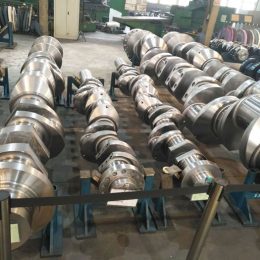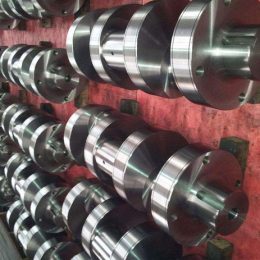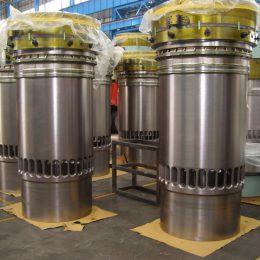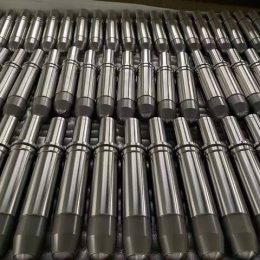Cylinder Liner Materials: Weighing the Pros and Cons
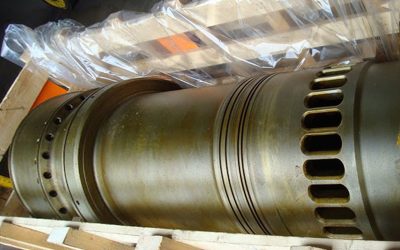
The Importance of Cylinder Liner Materials
The cylinder liner is an essential component of an engine that plays a critical role in its operation. Its primary function is to provide a smooth, low-friction surface for the piston to move within while also protecting the engine block from wear and tear. Cylinder liners are also responsible for managing the engine’s heat transfer, minimizing friction and reducing emissions. Therefore, the choice of cylinder liner material is crucial in determining the performance, durability, and efficiency of an engine.
In this article, we will explore the pros and cons of some of the most commonly used cylinder liner materials. From traditional cast iron to the latest ceramic materials, we will evaluate each material’s advantages and disadvantages to help you make an informed decision when choosing the right cylinder liner material for your engine.
Cast Iron: The Classic Choice for Cylinder Liners
Cast iron is a traditional material widely used for cylinder liners for many years. It is known for its durability, strength, and wear resistance. Cast iron is a good choice for engines that run at lower RPMs, such as diesel engines used in heavy equipment.
However, cast iron is heavy, which can add extra weight to the engine, and it has poor thermal conductivity. This can lead to heat buildup in the combustion chamber, reducing engine efficiency and power output. Moreover, cast iron liners may be prone to corrosion or rusting, especially in high-temperature or corrosive environments.
Aluminum: Lightweight and Corrosion-Resistant
Aluminum is a popular cylinder liner material for engines designed to operate at high RPMs, such as those in high-performance sports cars. Aluminum offers excellent thermal conductivity, which helps to dissipate heat quickly from the combustion chamber, improving engine efficiency and power output.
Aluminum is also lightweight, which is an advantage for racing engines where weight is a significant factor. However, aluminum liners may be more prone to wear and tear than cast iron liners, especially when subjected to high-stress conditions. They may also be more susceptible to corrosion and pitting, particularly in the presence of acidic exhaust gases.
Steel: Strong and Durable, but at What Cost?
Steel is another material used for cylinder liners that offers exceptional strength and durability. It is an excellent choice for engines designed for heavy-duty applications, such as trucks and construction equipment.
Steel liners are resistant to wear and tear and can withstand high-stress conditions. However, they are also heavy and have poor thermal conductivity. This can lead to heat buildup in the combustion chamber, reducing engine efficiency and power output. Steel liners may also be prone to corrosion and rusting, particularly in corrosive environments.
Ceramic: The Ultimate Solution for High-Performance Engines?
Ceramic is a relatively new material used in cylinder liners that has gained popularity in recent years. It offers excellent thermal conductivity, which helps to dissipate heat quickly from the combustion chamber, improving engine efficiency and power output. Ceramic liners are also lightweight, making them an ideal choice for racing engines.
Ceramic liners are incredibly durable, resistant to wear and tear, and can withstand high-stress conditions. They are also highly resistant to corrosion and pitting, making them an excellent choice for engines that operate in corrosive environments. However, ceramic liners are expensive and may be more challenging to machine and install than other materials.
Conclusion: Choosing the Right Cylinder Liner Material for Your Engine
The choice of cylinder liner material is crucial in determining the performance, durability, and efficiency of an engine. When choosing the right material for your engine, consider the operating conditions, RPM range, and weight requirements. Cast iron is a good choice for engines that run at lower RPMs, while aluminum is ideal for high-performance engines. Steel is a good choice for heavy-duty engines, while ceramic is the ultimate solution for high-performance engines that demand the best in terms of durability, strength, and thermal conductivity.
